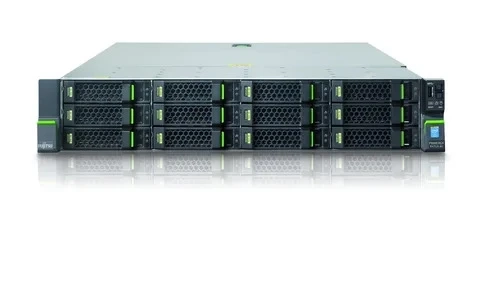Introduction to Hybrid Storage Solutions
In the digital age, efficient data management is crucial for businesses striving to stay competitive. Hybrid storage solutions offer a balanced approach to storing and managing data, combining the benefits of both on-premises and cloud storage technologies. This article explores how hybrid storage solutions can optimize performance and cost efficiency for modern enterprises.
Understanding Hybrid Storage
What is Hybrid Storage?
Hybrid storage integrates on-premises storage infrastructure with cloud-based storage services. It leverages the strengths of both environments to create a unified storage solution that meets diverse business needs.
Components of Hybrid Storage
Hybrid storage typically includes solid-state drives (SSDs), hard disk drives (HDDs), and cloud storage platforms. These components work together seamlessly to provide scalable and flexible storage options.
Benefits of Hybrid Storage Solutions
Enhanced Performance
Performance Optimization Through SSDs
SSDs in hybrid storage solutions accelerate data access and retrieval times, improving overall system performance compared to traditional HDD-only setups.
Cost Efficiency
Cost Savings with Cloud Integration
By utilizing cloud storage for archival and less frequently accessed data, businesses can reduce on-premises storage costs while ensuring data availability and security.
Implementation Strategies
Choosing the Right Hybrid Storage Solution
Assessing Business Needs
Evaluate workload requirements and data access patterns to determine the optimal balance between on-premises and cloud storage resources.
Integration and Management
Seamless Integration
Ensure compatibility and interoperability between existing IT infrastructure and chosen hybrid storage solutions to facilitate smooth implementation and management.
Use Cases Across Industries
Healthcare Sector
Data Security and Accessibility
Hybrid storage solutions enable healthcare providers to securely store sensitive patient data on-premises while leveraging the scalability of the cloud for backup and disaster recovery.
Financial Services
Regulatory Compliance and Data Governance
Financial institutions benefit from hybrid storage’s ability to meet stringent regulatory requirements by storing critical financial data on-premises and leveraging cloud resources for analytics and long-term storage.
Challenges and Considerations
Security and Compliance
Data Protection Measures
Implement robust encryption and access controls to safeguard data across both on-premises and cloud environments, ensuring compliance with industry regulations.
Future Trends and Innovations
Evolution of Hybrid Storage Technologies
AI and Machine Learning Integration
Advancements in AI-driven storage management enhance predictive analytics capabilities, optimizing data placement and resource utilization in hybrid storage environments.
Conclusion
In conclusion, hybrid storage solutions represent a pivotal advancement in data management, offering businesses a flexible, scalable, and cost-effective approach to storing and accessing critical data assets. By leveraging the strengths of both on-premises infrastructure and cloud technologies, organizations can achieve enhanced performance, improved cost efficiency, and robust data security.



